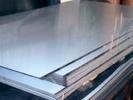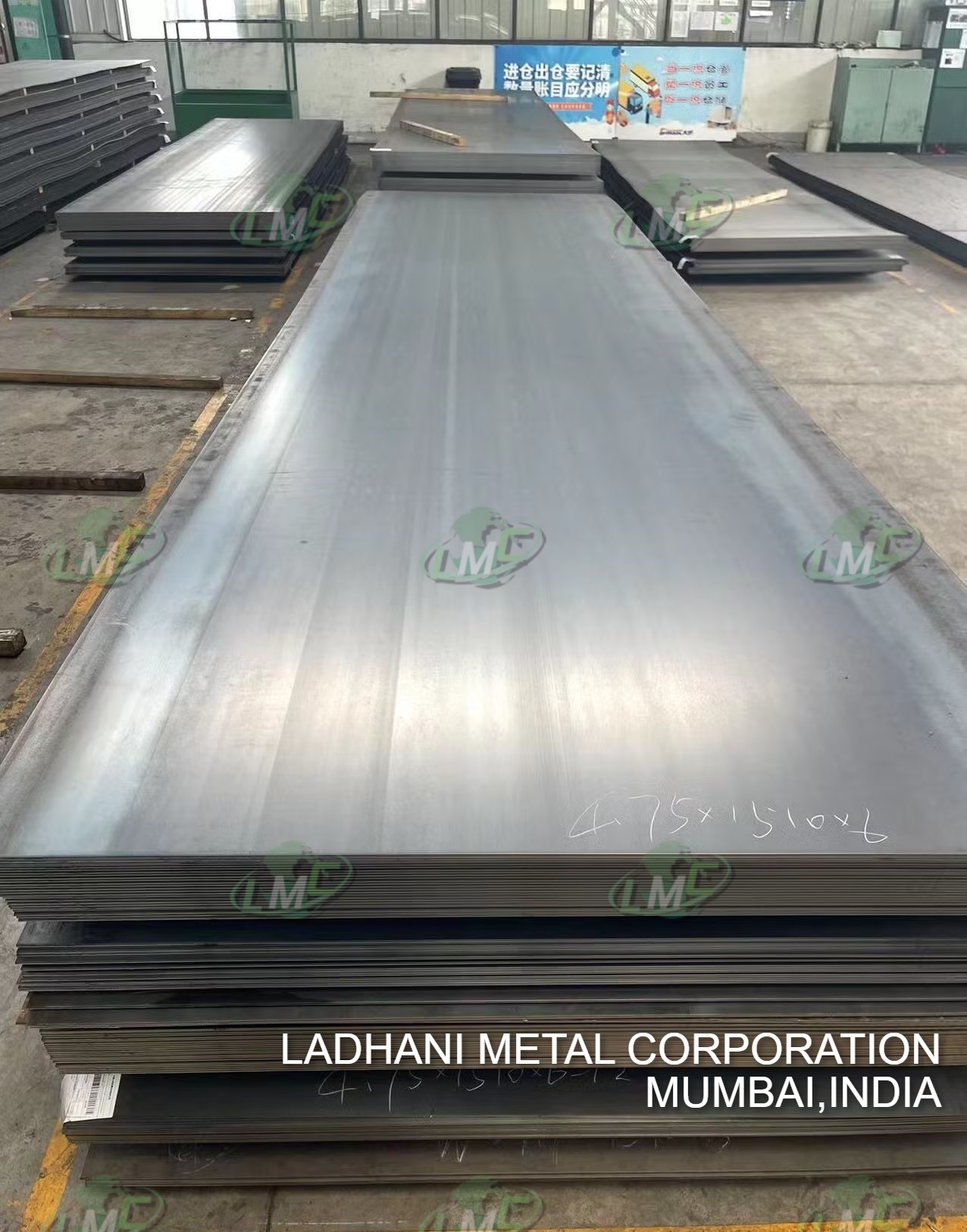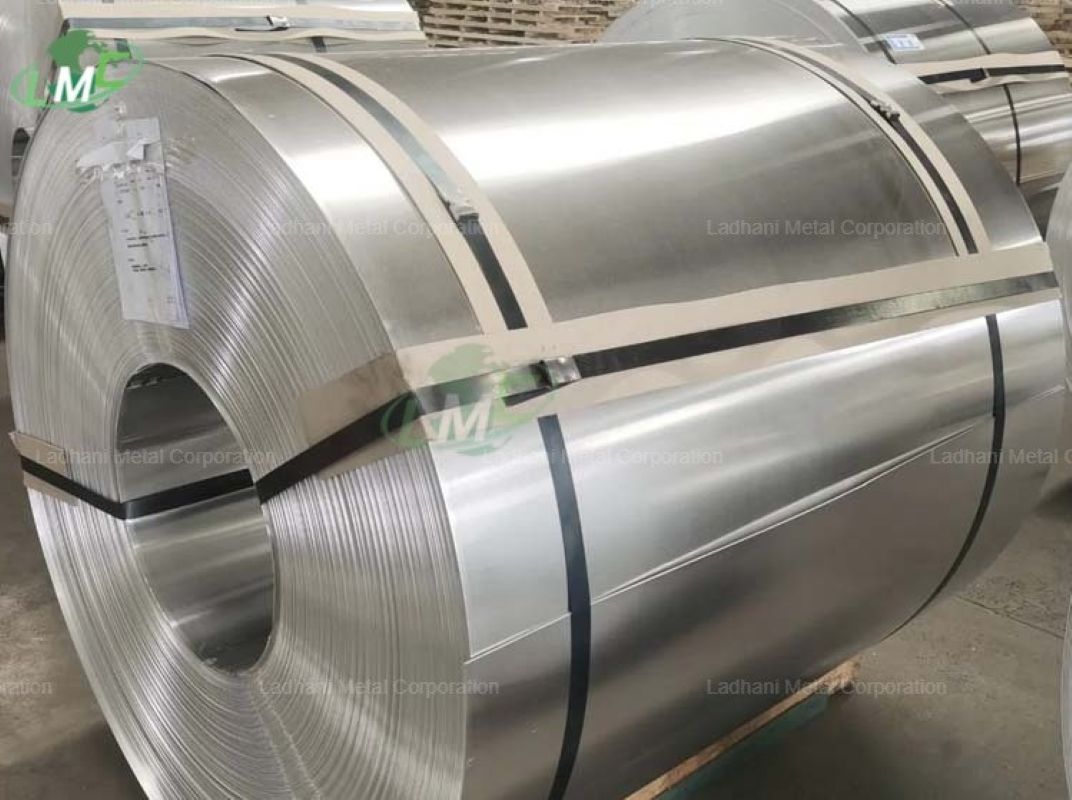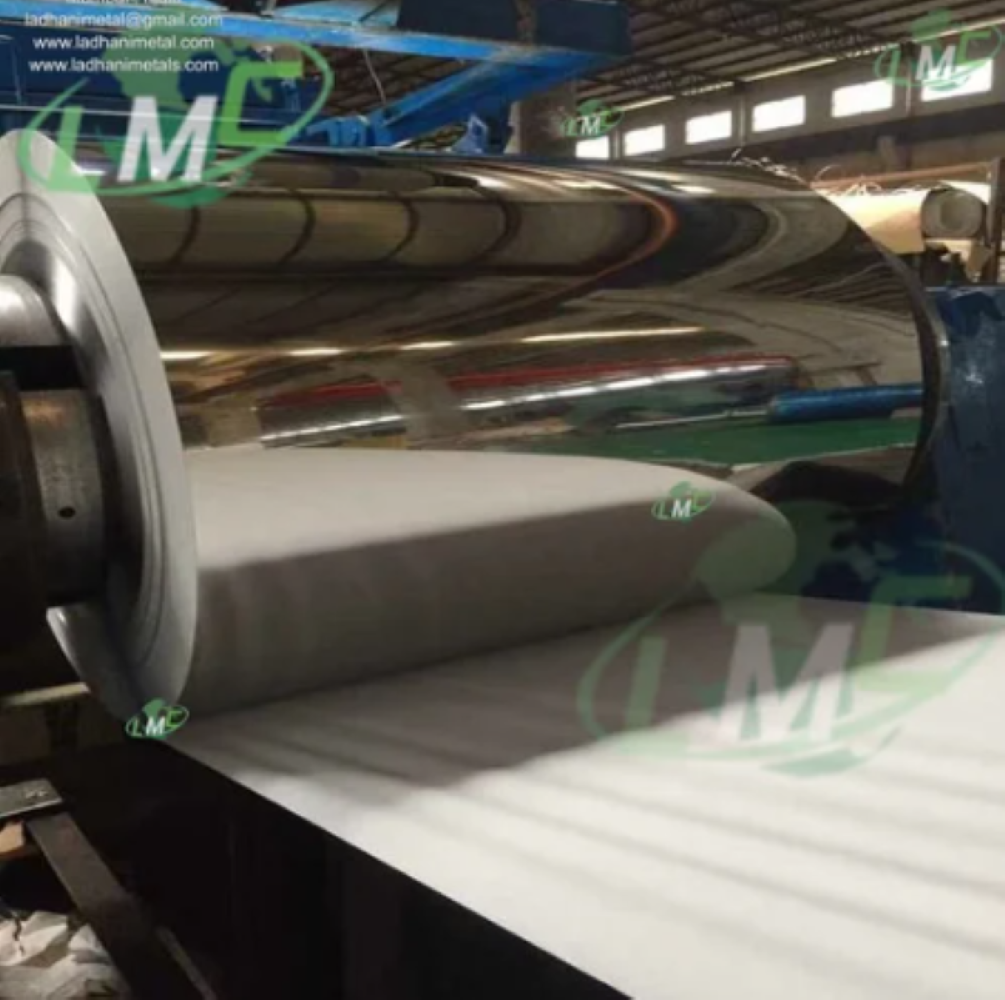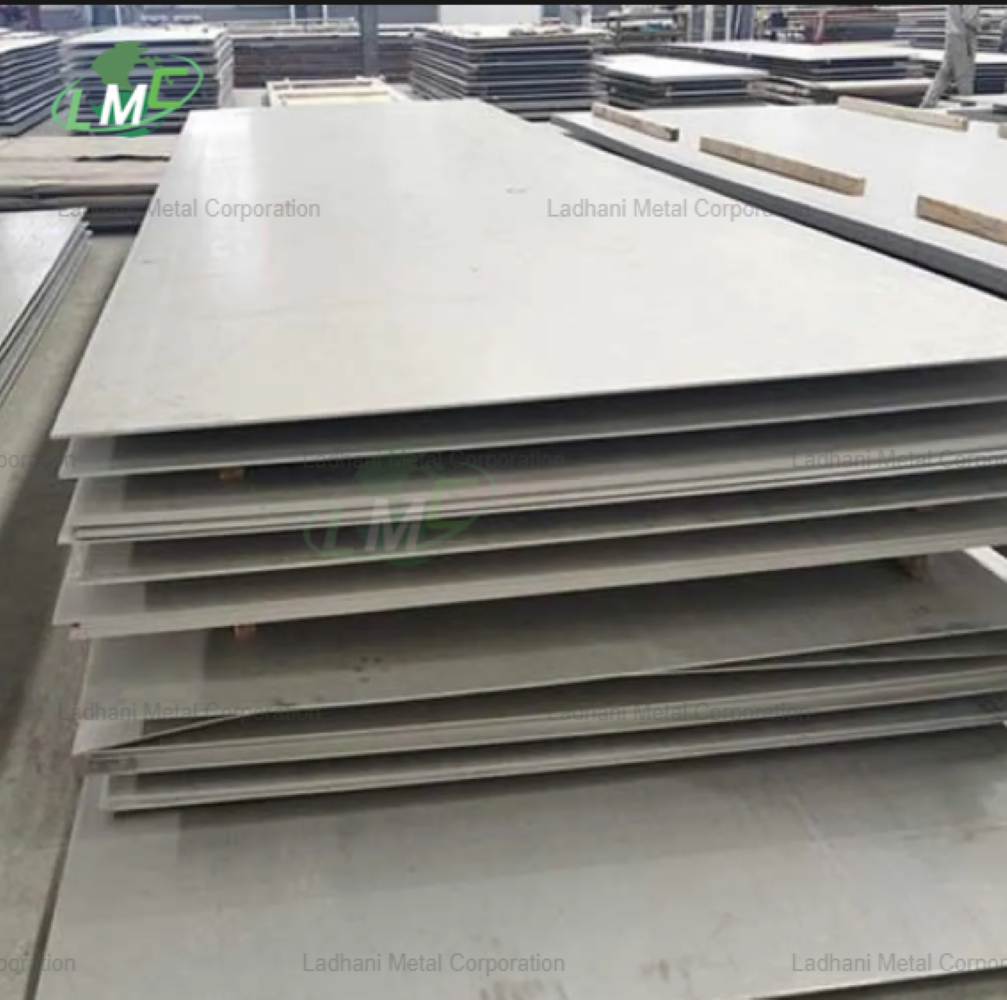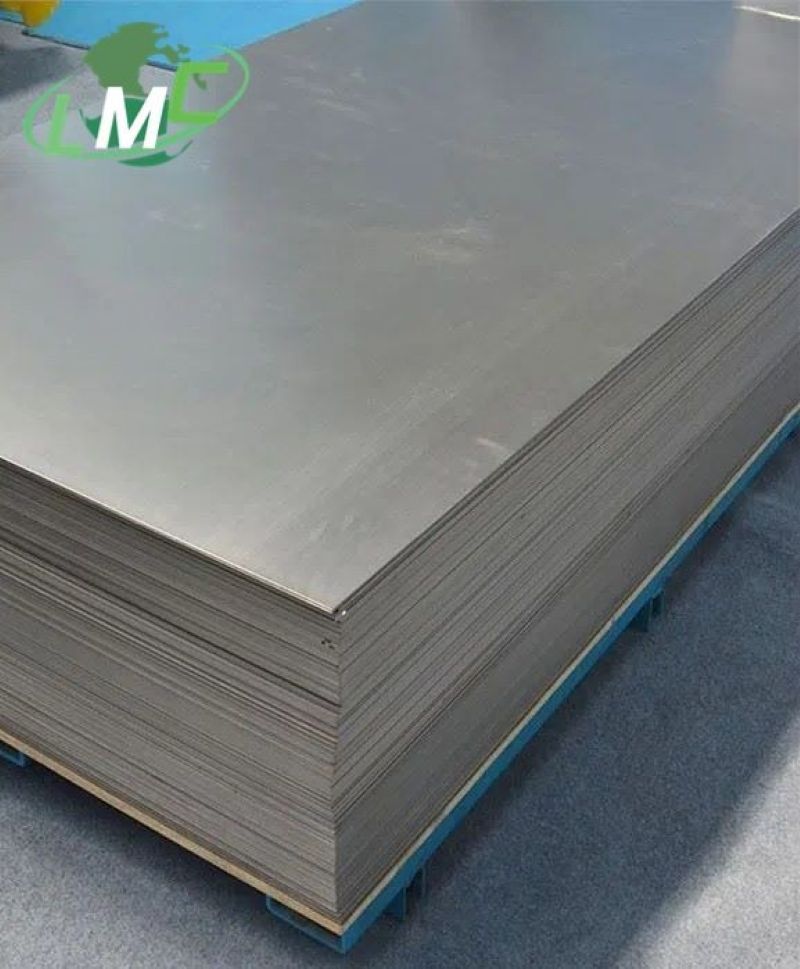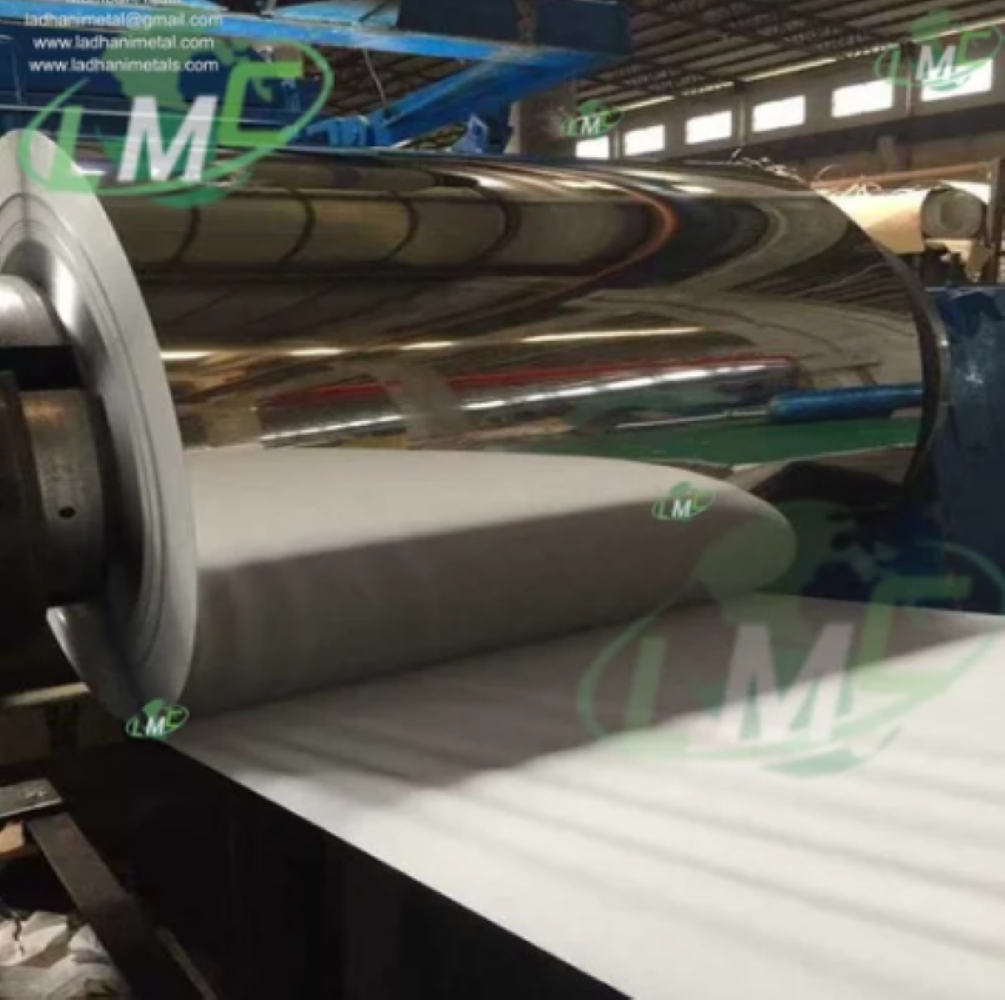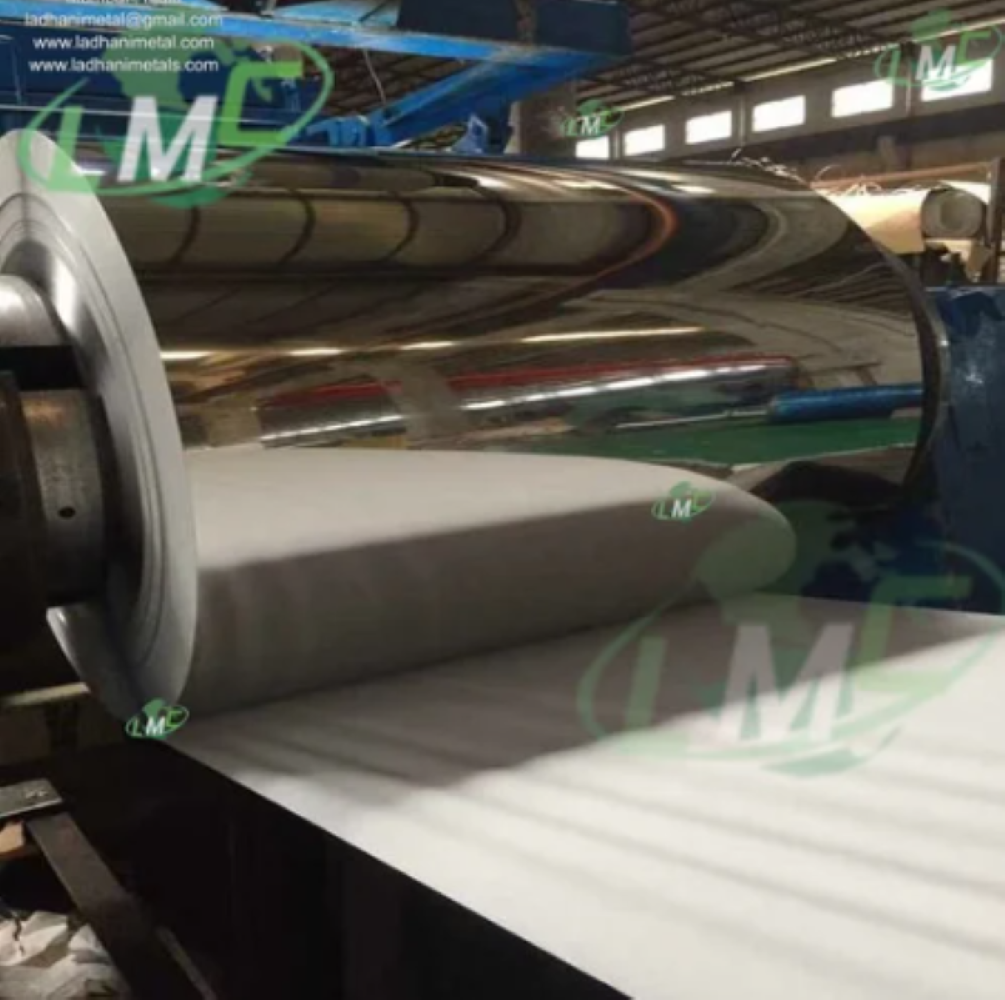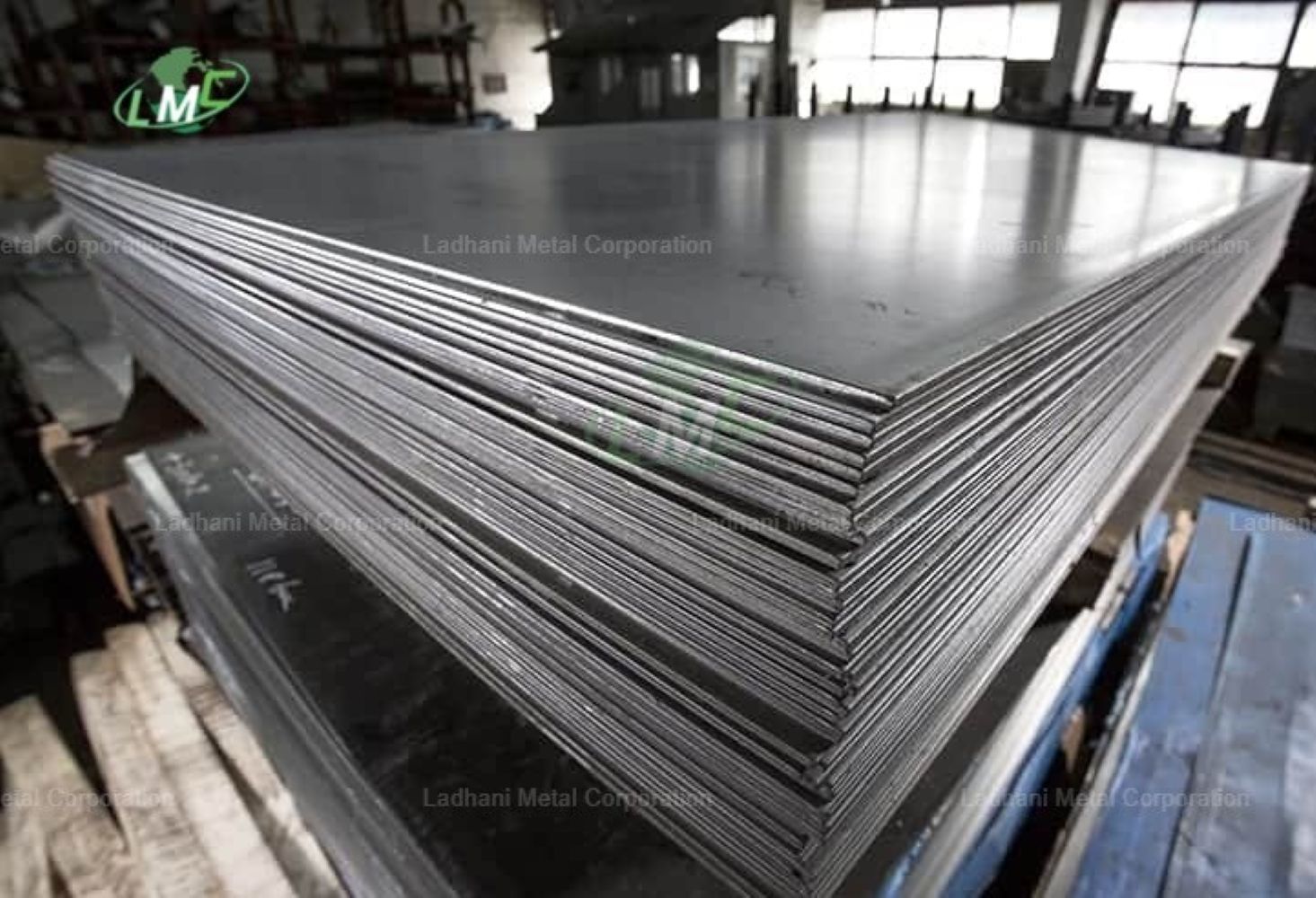As a distributor of titanium plate we stock widths from 36" to 72, lengths up to 240" and thicknesses up to 7". Available grades: CP Grade 1 CP Grade 2 Grade 7 Grade 19 Grade 5 (6Al-4V) Grade 6 (5Al-2.5Sn) Grade 6Al-2Sn-4Zr-2Mo (6-2-4-2) Grade 6Al-4V ELI (Formerly Grade 23) Grade 6Al-6V-2Sn (6-62) Grade 8Al-1Mo-1V (8-1-1) Grade 9 (3Al-2.5V) Titanium plate grade bellow Ti CP Grade 1 Ti CP Grade 2 TI CP GRADE 3 Lower Strength, softest, unalloyed Ti grade with highest ductility, cold formability, and impact tou ghness, with excellent resistance to mildly reducing to highly oxidixing media with or without chlorides and high weldability. Moderate strength unalloyed Ti with excellent weldability, cold formability, and fabricability; Excellent resistance to midly reducing to highly oxidizing media with or without chlorides. Approved for sour service use under the NACE MR-01-75 Standard Slightly stronger version of Ti CP Grade 2 with similar corrosion resistance with good weldability and reasonable cold formability/ductibility. Ingot/Bloom, Bar, Billet, Plate, Strip, Welded Pipe/Tubing, Wire. Ingot/Bloom, Bar, Billet, Plate, Strip, Welded Tubing/Pipe, Seamless Tubing, Wire, Foil Ingot/Bloom, Bar, Billet, Plate, Strip, Welded Tubing/Pipe Ti Grade 16 Ti Grade 17 Ti Grade 26 Lower cost, leaner Pd version of Ti Grade 7 with equivalent physical/mechanical properties, and similar corrosion resistance. Tubing Welded Pipe. Lower cost, leaner Pd version of Ti. Grade 11 with equivalent physical, mechanical properties and fabricability (soft grade) and similar corrosion resistance. Tubing Welded Pipe. Lower cost, Ru-containin g alternative for Ti Grade 7 with equivalent physical/mechanical properties and fabricability and similar corrosion resistance. Tubing, welded pipe. Ingot/Bloom, Bar, Billet, Plate, Strip, Welded Tubing/Pipe, Wire Ingot/Bloom, Bar, Billet, Plate, Strip, Welded Tubing/Pipe, Wire Ingot/Bloom, Bar, Billet, Plate, Strip, Welded Tubing/Pipe, Wire Ti Grade 18 Ti Grade 28 Ti Grade 6 Pd-enhanced version of Ti-3Al-2.5V with equivalent physical and mechanical properties and fabricability, offering elevated resistance to dilute reducing acids and crevice corrosion in hot halide (brine) media. Ru-enhanced version of Ti-3Al-2.5V with equivalent physical and mechanical properties and fabricability, offering elevated resistance to dilute reducing acids and crevice corrosion in hot halide (brine) media. Approved for sour service use under the NACE MR-01-75 Standard. Weldable, non-ageable, high-strength alloy offering good high temperature stability, strength, oxidation and creep resistance. Ingot/Bloom, Billet, Welded Pipe, Plate, Strip, Welded Tubing, Seamless Pipe Ingot/Bloom, Billet, Welded Pipe, Plate, Strip, Welded Tubing, Seamless Pipe, Wire Ingot/Bloom, Bar, Billet, Sheet Ti 6Al-4V [Ti-6-4] (Grade 5) Ti-6Al-4V ELI [Ti-6-4-ELI] (Grade 23) Ti-6Al-4V-0.1Ru (Grade 29) [Ti-6- 4-Ru] Heat treatable, high-strength, most commercially available Ti alloy ("workhorse" alloy for aerospace applications), for use up to 400C offerin g an excellent combination of hi gh strength, toughness, and ductility along with good weldability and fabricability. Extra low interstitial version of Ti-6Al-4V offerin g improved ductility and fracture toughness in air and saltwater environments, along with excellent toughness, strength, and ductility in cryogenic service as low as -255C. Typically used in a non-aged condition for maximum toughness. Extra low interstitial, Ru-containing version of Ti-6Al-4V offering improved fracture toughness in air, seawater, and brines, along with resistance to localized corrosion in sweet and sour acidic brines as high as 330 C. Approved for sour service use under the NACE MR-01-75 Standard. Ingot/Bloom, Bar, Billet, Plate, Sheet, Seamless Pipe/Tubing, Wire, Foil Ingot/Bloom, Bar, Billet, Plate, Sheet, Wire, Seamless Tubing, Foil Ingot/Bloom, Bar, Billet, Plate, Sheet, Seamless Pipe, Wire Ti-6Al-2Sn-2Zr-2Mo-2Cr-0.15Si [Ti-6- 22-22] Ti-4.5V-3V-2Mo-2Fe [SP-700] Ti-5Al-4Cr-4Mo-2Sn-2Zr [Ti-17] Heat treatable, high strength forging alloy with good strength and creep resistance to temperature as high as 400 C. Heat treatable, high strength Ti alloy with strength and fracture toughness-to-strength properties superior to those of Ti-6Al-4V, with excellent superplastic formability and thermal stability. Heat treatable, high strength Ti alloy with superior strength and exceptional hot and superplastic formability compared to Ti-6Al4V, combined with good ductility and fatigue resistance. Ingot/Bloom, Bar, Billet, Plate, Sheet, Wire Ingot/Bloom, Bar, Billet, Plate, Sheet Ingot/Bloom, Bar, Billet Ti-3Al-8V-6Cr-4Zr-4Mo-0.05Pd [Ti Beta-C/Pd] (Grade 20) A Pd-containing version of the Ti-38644 alloy (Beta-C/Pd) possessing equivalent physical/mechanical properties, but with significantly enhanced resistance to stress and localized corrosion in high temperature brines. Ingot/Bloom, Bar, Billet, Seamless Pipe TI CP GRADE 4 TI GRADE 7 TI GRADE 11 Much Stronger, high interstitial version of Grades 2 and 3 Ti with reasonable weldability, and reduced ductility and cold-formability. Most resistant Ti alloy to corrosion in reducing acids and localized attack in hot halide media, with physical/mechanical properties equivalent to Grade 2 and excellent weldability/fabricability. Most resistant Ti alloy to corrosion in reducin g acids and localized attack in hot halide media, with physical, mechanical, formability properties equivalent to Gr.1 Ti (soft grade) and excellent weldability. Ingot, Bloom, Bar, Billet, Plate, Strip Ingot/Bloom, Bar, Billet, Plate, Strip, Welded Tubing/Pipe, Wire Ingot/Bloom, Bar, Billet, Plate, Strip, Welded Tubing/Pipe, Wire Ti Grade 27 Ti Grade 12 Ti Grade 9 Lower cost, Ru-containing alternative for Ti Grade 11 with equivalent physical/mechanical properties (soft grade) and fabricability and similar corrosion resistance Highly weldable and fabricable Ti alloy offering improved strength and pressure code design allowables, hot brine crevice corrosion, and reducing acid resistance compared to Ti Grade 1, 2, and 3. Approved for sour sergice use under the NACE MR-01-75 Standard. Medium strength, non-ageable Ti alloy offering highest strength and design allowables under the pressure vessel code, with good weldability and cold fabricability for mildly reducing to mildly oxidizing media. Ingot/Bloom, Bar, Billet, Plate, Strip, Welded Tubing/Pipe Ingot/Bloom, Billet, Welded Pipe, Plate, Strip, Welded Tubing, Seamless Pipe, Wire Ingot/Bloom, Billet, Welded Pipe, Plate, Strip, Welded Tubing, Foil, Seamless Pipe, Wire Ti 5Al-2.5Sn ELI [Ti-5-2.5 ELI] Ti-8Al-1Mo-1V [Ti-8-1-1] Ti-6Al-2Sn-4Zr-2Mo-0.1Si [Ti-6-2-4-2S] Extra low interstitial version of Ti5Al-2.5Sn exhibiting an excellent combination of toughness and stren gth at cryo genic temperatures; suited for cryogenic vessels for service as low as -255C. Highly creep-resistant, non-ageable, weldable, high-strength Ti alloy for use up to 455C; exhibiting the lowest density and highest modulus of all commercial Ti alloys. Weldable, high strength Ti alloy offering excellent strength, stability, and creep resistance to temperatures as high as 550C. Ingot/Bloom, Bar, Billet Ingot/Bloom, Bar, Billet, Sheet Ingot/Bloom, Bar, Billet, Sheet Ti-6Al-7Nb Ti-6Al-6V-2Sn [Ti-6-6-2] Ti-6Al-2Sn-4Zr-6Mo [Ti-6-2-4-6] High strength Ti alloy with good toughness and ductility, used primarily for medical implants stemming from its excellent biocompatibility. Heat treatable, high strength Ti alloy with higher strength and section hardenability than Ti-6Al-4V, but with lower toughness and ductility, and limited weldability. Can be used in mill annealed or in the aged (very high strength) condition. Heat-treatable, deep hardenable, very hi gh stren gth Ti alloy with improved strength to temperatures as hi gh as 450C, with limited weldability. Approved for sour service under the NACE MR-01-75 Standard. Ingot/Bloom, Bar, Billet, Wire Ingot/Bloom, Bar, Billet, Plate, Sheet Ingot/Bloom, Bar, Billet Ti-10V-2Fe-3Al [Ti-10-2-3] Ti-3Al-8V-6Cr-4Zr-4Mo [Ti Beta-C] (Grade 19) Ti-3Al-8V-6Cr-4Zr-4Mo [Ti Beta-C] (Grade 19) Heat treatable, deep section hardenable, very high strength Ti alloy with superior strength and creep resistance over Ti-6Al-4V to temperatures as high as 400 C and limited weldability. Heat treatable, deep hardenable, very high strength Ti alloy possesing superior fatigue and strength/toughness combinations, with exceptional hot-die forgeability, but limited weldability. A heat-treatable, deep section hardenable, very high strength Ti alloy possessing good toughness/strength properties, low elastic modulus and elevated resistance to stress and localized corrosion in high temperature sweet and sour brines. Approved for sour service under the NACE MR-0175 Standard Ingot/Bloom, Bar, Billet Ingot/Bloom, Bar, Billet, Seamless Pipe, Wire Ingot/Bloom, Bar, Billet, Seamless Pipe

